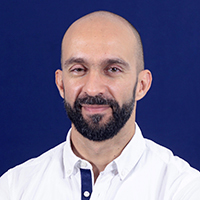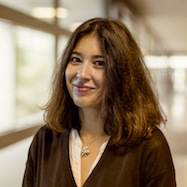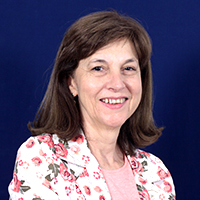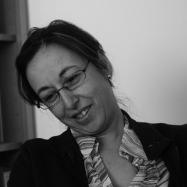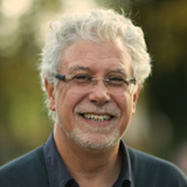Overview and aims
The Doctoral Program in Education Sciences (PDCE) was created in 2007/08 in the sequence of the Bologna process, and was conceived taking into account not only the existing experience, but also the recommendations of the European Qualifications Framework. This Doctoral Program is closely linked to CIIE - Educational Research and Intervention Center, a research center classified as Excellent by FCT in 2019.
The relationship between the PDCE and CIIE’s research environment is extremely important, giving the PDCE an increased international dimension, as a result of the multiplicity of international projects in which CIIE is systematically involved. This relationship allows to highlight the relevance and centrality of research in education within contemporary theoretical and methodological frameworks where, beyond social educational contexts, human agency and actors are considered as theoretically relevant. Education is seen as having a vital role in social, political and economic discourses. There is also a core concern on the relevance of analyzing perspectives on lifelong learning, education for all, vocational education, equality of opportunities, education and inclusion, education policies, professional identities, knowledge and the curriculum, youth and education and adult education.
Education is perceived as contributing to the revitalization of democracies. Schools, as well as non-formal educational institutions, besides their role on knowledge production and dissemination, are perceived as crucial public spaces where citizens exchange perspectives, practices, generate opinions and attitudes. The educational involvement of cultural and social associations and non-governmental institutions is perceived as allowing the development of an agenda of social inclusion and of socially oriented activities, contributing to empower vulnerable social groups and to confront and question contemporary dichotomies: the universal and the individual; competitiveness and equality of opportunity; tradition and modernity; difference, diversity and similarity.
About CIIE
CIIE - Centre for Research and Intervention in Education, established by Stephen R. Stoer and colleagues in 1988 at the Faculty of Psychology and Educational Sciences of the University of Porto, i s a research centre financed by the Foundation for Science and Technology (FCT), which, in the evaluation carried out in 2019, assigned CIIE the rating of Excellent.
The research carried out at CIIE includes educational issues, with emphasis on dimensions related to educational and social inequalities and exclusions, in line with the goals of the European Union and the Council of Europe for the 'promotion of equity, social cohesion and active citizenship' and with the goals of 'Europe 2020' for sustainable and inclusive growth.
Regular research activities are organis ed into 9 strategic areas: (1) Involvement of vulnerable young people in education and training; (2) Contemporary educational challenges for migrants and refugees; (3) Empowerment and inclusion through digital education and the arts; (4) Citizenship, communication and health and well-being literacy; (5) Higher education, innovation and diversity; (6) Community education, participation and social change; (7) Training, equity and the teaching profession; (8) Evaluation and public policies in education; (9) Pedagogical management and democratic participation. The daily operations of CIIE are largely based on several CoPin (communities of research practice): small groups, organized by themes, in which researchers and postgraduate students come together to present and discuss the research they develop. All CoPin includes a mentoring dimension.
There are several funded research projects underway at the Centre, some with strong international cooperation and funding (between 2015 and 2018, CIEE attracted 1.8 million euros in European funding). These projects focus, among other topics, curricular and pedagogical innovation, educational and institutional assessment, training of human action and professional development, deafness and cultures, health education, and the analysis of educational and social policies. CIIE has also been recognis ed for its wide involvement in scientific research projects focused on issues of inter and multicultural education, gender studies and ethnic minorities, and educational and cultural heritage.
Contact us
Post-graduation office
spg@fpce.up.pt
Course Director
Tiago Neves
tiago@fpce.up.pt
